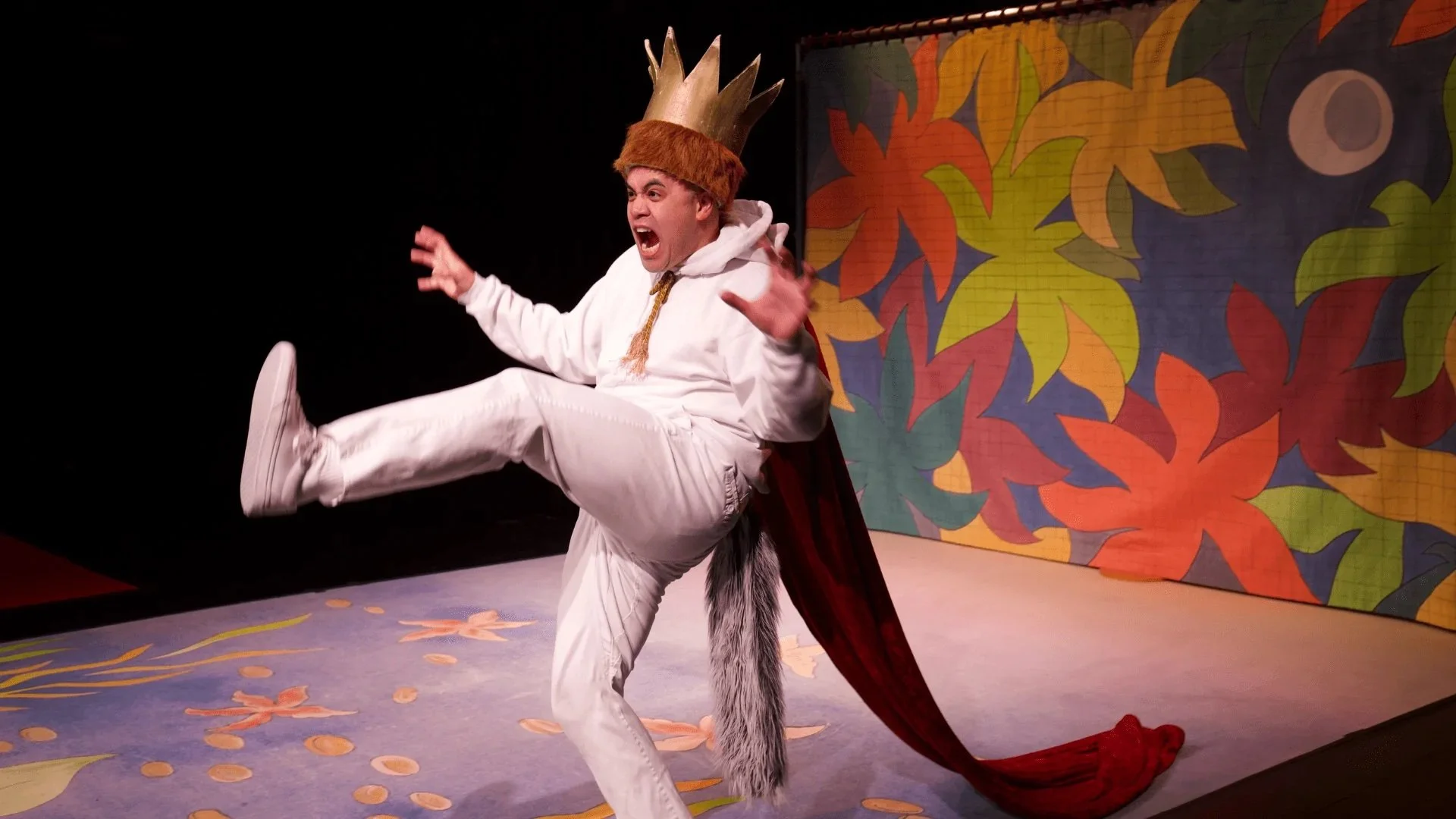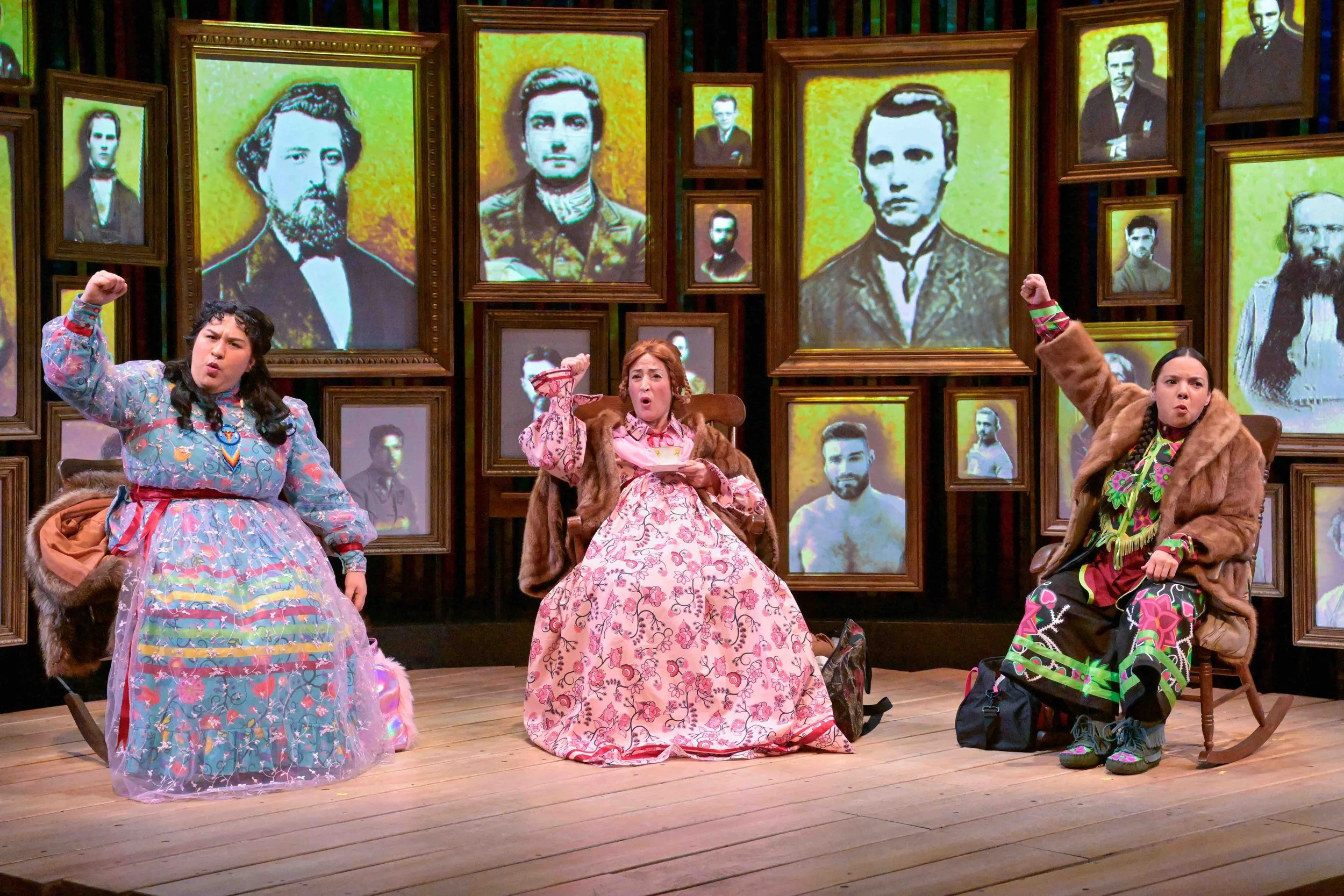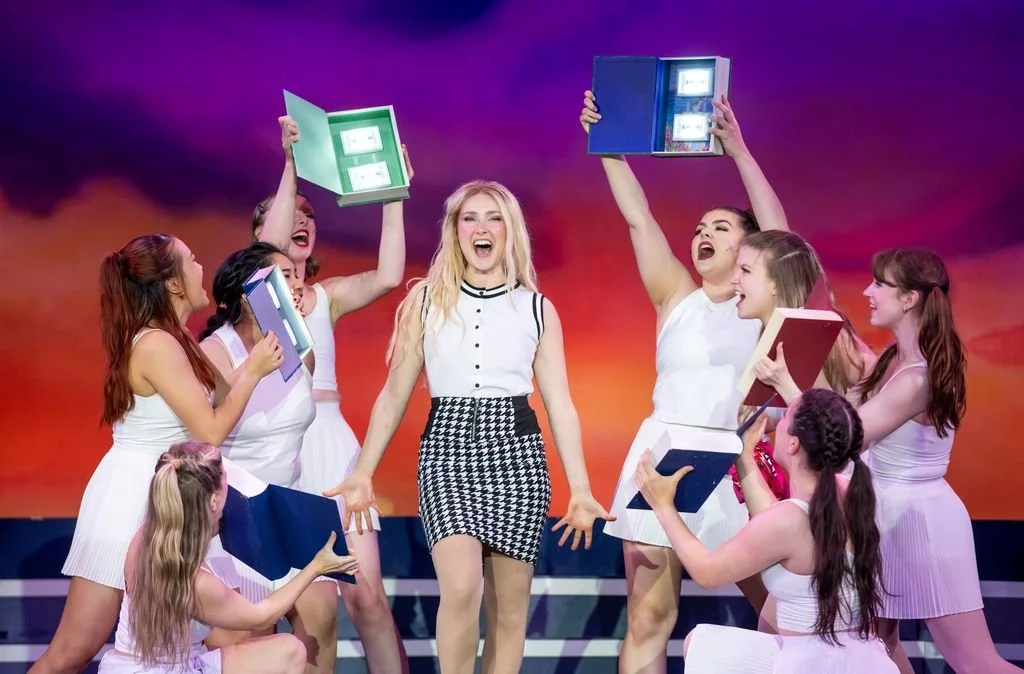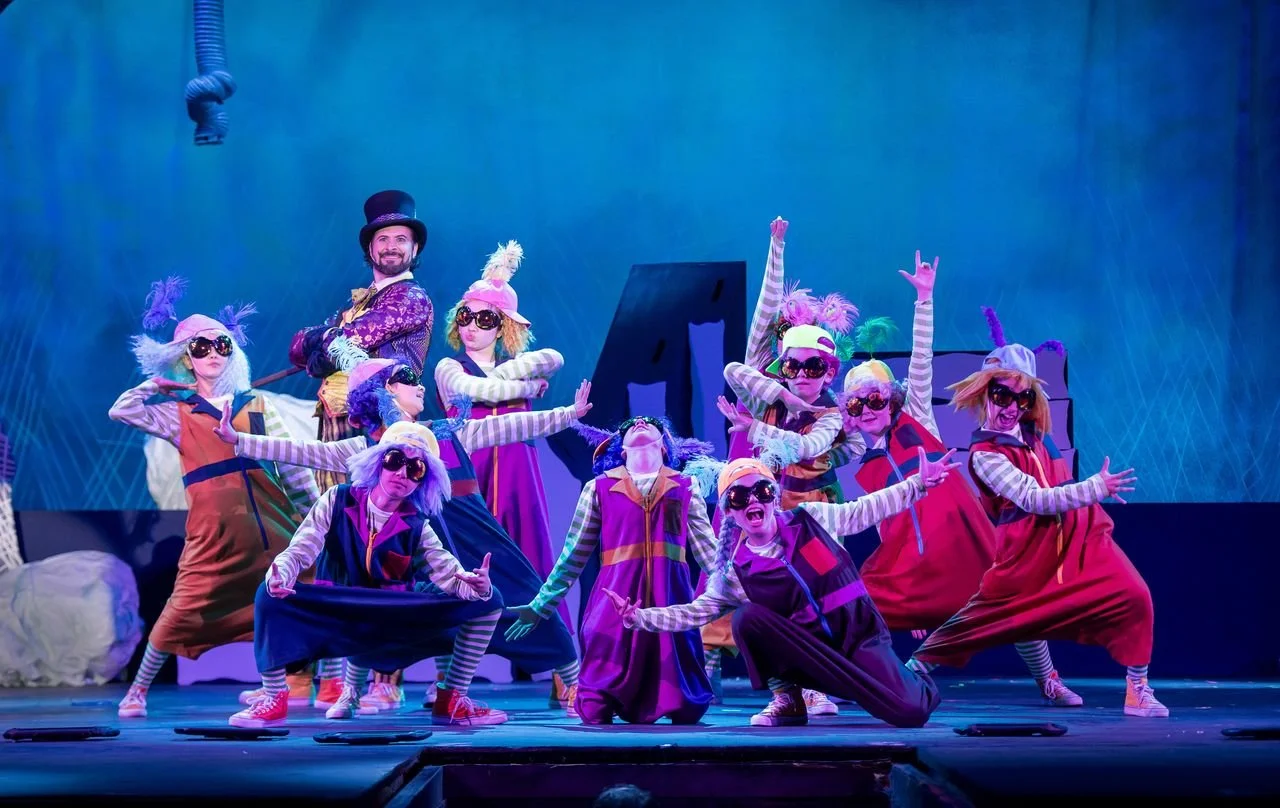In Little Willy, Ronnie Burkett's eccentric marionettes meet Romeo and Juliet
Elderly ingenue Esmé Massengill, burlesque queen Dolly Wiggler, and ever-endearing fairy Schnitzel put a campy twist on Shakespeare
Photo by Alejandro Santiago
The Cultch presents Ronnie Burkett Theatre of Marionettes‘ Little Willy at the Historic Theatre from January 10 to January 29
HOW LONG HAS it been since you last read William Shakespeare’s Romeo and Juliet? And I mean really read it, sat down with script in hand and time enough to work through all of the Bard’s plots and sub-plots and linguistic curlicues?
For me, it’s been… Well, let’s just say that it has been a long time. And when I cracked open my dusty copy, what I found was dirtier, darker, and a lot more metaphorical than what I remembered. It’s much less of a noble romance than a ghastly collision of teen lust and adult arrogance—which, of course, makes it perfect for a gang of unruly marionettes to tackle, mangle, and subvert.
That’s exactly what you’ll get in puppet-master Ronnie Burkett’s Little Willy, which receives its world premiere at the Cultch. It is not, Burkett promises, a straightforward retelling of Romeo and Juliet, not that anyone would expect as much from the artist whose Little Dickens completely upended the similarly beloved if somewhat more saccharine A Christmas Carol. Like that earlier production—a huge hit at the same venue in 2017—it’s an opportunity for Burkette’s Daisy Theatre characters to strut and fret their hour upon the stage in all their outlandishly camp glory. And, after all, who wouldn’t want to see elderly ingenue Esmé Massengill, burlesque queen Dolly Wiggler, and the ever-endearing fairy Schnitzel each take a shot at the balcony scene?
“That’s why it was chosen,” says Burkett, in a telephone interview from his Toronto headquarters. “To tell you the truth, I’d always thought, in my mind, ‘Oh, I’m going to do Shakespeare some day,’ meaning that I’ll do a serious Shakespeare. But then I came up with the title Little Willy and it just pleased me so much that I thought, ‘Well, we’ll put that on the back burner for later.’ And pretty much everybody I know talked me out of doing a real Shakespeare. They were like, ‘Well, Ronnie, you don’t need to prove that.’ I think I wanted to prove that I could do it, but as a dear friend of mine said, ‘Do you really want to play to seven people a night?’”
Burkett’s friend is likely wrong; it’s easy to imagine lineups around the block for a Daisy Theatre King Lear or Tempest. But as the man himself says, “It’s the Daisy Theatre doing it, so it’s got to be populist. It’s got to be a Saturday date-night show. I don’t want anyone saying ‘I don’t know Shakespeare. I don’t like Shakespeare. I can’t go to this thing.’ So it’s pretty easy. It’s like ‘Two kids meet, fall in love, can’t be together, they die.’ And I think we all remember the school version.”
As ever, Burkett’s Shakespeare is a collaborative endeavour, starting with the Daisy cast itself. Wooden though they are, the marionettes have character and panache to spare, and almost write their own roles. As an example, Burkett cites Lillian Lunkhead’s misguided quest to play Shakespeare’s heroine.
“This elderly, ridiculous old actress waddles on stage and gets a young man in the audience to lie down on the floor as her dead Romeo, and she does the crypt scene lying on top of a civilian,” Burkett says, noting that the peak of Lunkhead’s theatrical career seems to have been playing Juliet, at 16, in the Dominion Drama Festival. “It’s really funny. I mean, it’s really funny. But to me it’s also incredibly sweet and tender, because she believes that she’s embodying that character. She’s not being thrown out there just to be ridiculous: the complete thrust of her performance is that she honestly believes she’s nailing it, and that the audience believes that she’s this young teenage girl.
“There is this weirdness that happens with these characters,” he adds. “You have to let them be themselves.”
Not everyone gets to be who we think they are, however. The one new member of Burkett’s puppet cast is Shakespeare himself, but rather than some Gandalf-like backstage wizard, he’s the company’s Will-of-all-trades, tasked with trying to keep the show on the rails.
“More and more, Shakespeare is just the company lackey as we go along,” Burkett says, laughing. “He just has to play any fill-in role, as opposed to being a star player.”
Schnitzel, on the other hand, gets to blossom in this new production. The Daisy Theatre’s beloved mascot, who has always been rather ambiguously gendered, has apparently resolved their internal contradictions by deciding to be both Romeo and Juliet.
“To me, Schnitzel was always male,” Burkett says. “But over the years, half the people refer to Schnitzel as ‘she’, so I’ve stopped gendering Schnitzel totally, because of the conversations we’re having now. So Schnitzel is just Schnitzel, and Schnitzel has a great quandary in Little Willy of why they can’t play both parts of the balcony scene.
“As long as the audience knows that the themes and the characters are based on what they feel as human beings, then I think you can take an audience anywhere,” he continues. “They will see the beauty of Schnitzel doing the balcony scene by themself and understand that, in a way, without it being really political or patronizing. It just seems natural for a character like Schnitzel: ‘I feel both sides of this conversation, so I’m going to do the whole thing.’”
Despite this new twist, one Daisy Theatre tradition remains: Schnitzel will end the night sitting on the edge of the stage, delivering a final benediction.
“The end of the play is all about parents coming to their senses and vowing that they’re not going to allow this sort of thing to happen again,” Burkett confides, subtly linking his Elizabethan source material to our own contemporary woes of climate and war. “And so that turns into a lullaby for Schnitzel, where he’s talking about ‘Will parents ever learn, or just continue treating their children this way?’
“The strip number we open with exists to tell the new people—and every audience is 50 percent first-timers—that this is for adults and this is why you left the kids at home and got a babysitter,” he adds. “But then, no matter what mayhem and vulgarity and nonsense happens in between the beginning and the end, Schnitzel is what I call the ‘good-night kiss’, just to send people back into the world sweetly, and with a little tenderness.”





![Theatre review: Complete Works of William Shakespeare (abridged) [revised] [again] takes pleasingly panicked tour of the Bard’s canon](https://images.squarespace-cdn.com/content/v1/5f10a7f0e4041a480cbbf0be/1752776963817-BS2BYYQMLMSGU9OG3E37/Nathan-Kay-and-Craig-Erickson.-Photo-By-Tim-Matheson.jpg)








